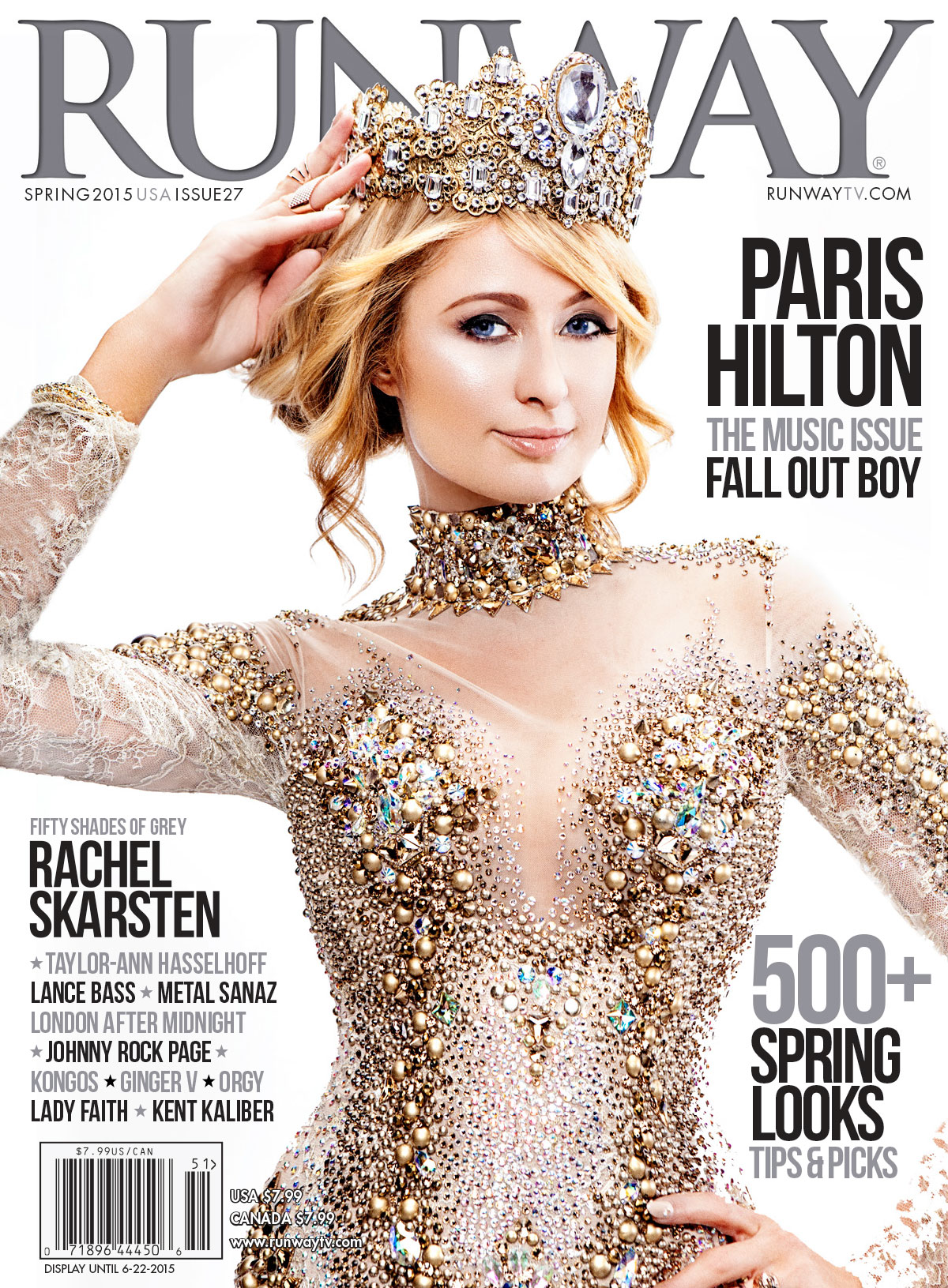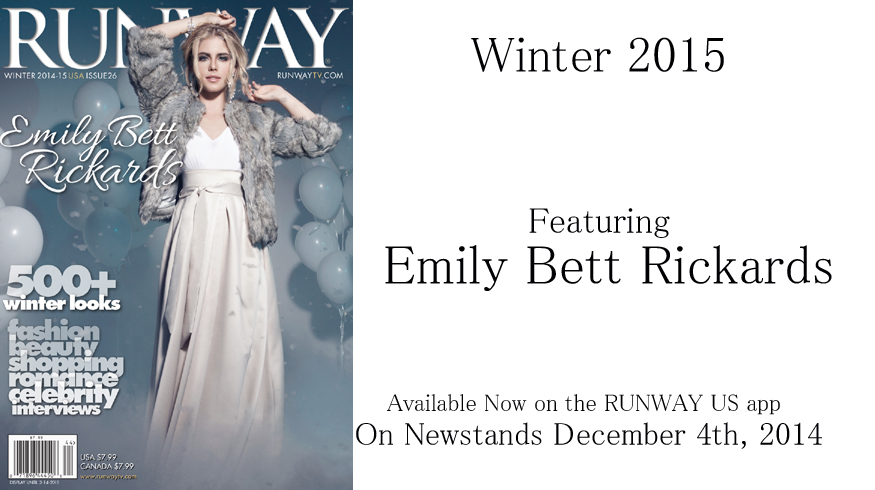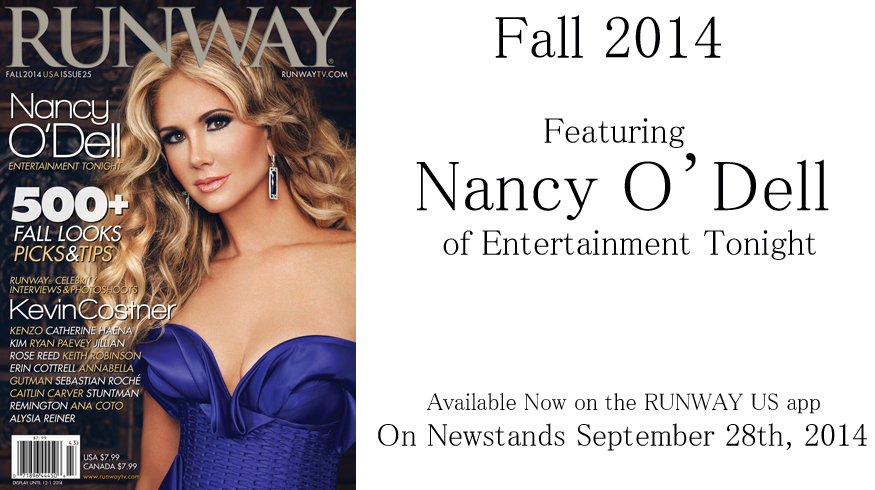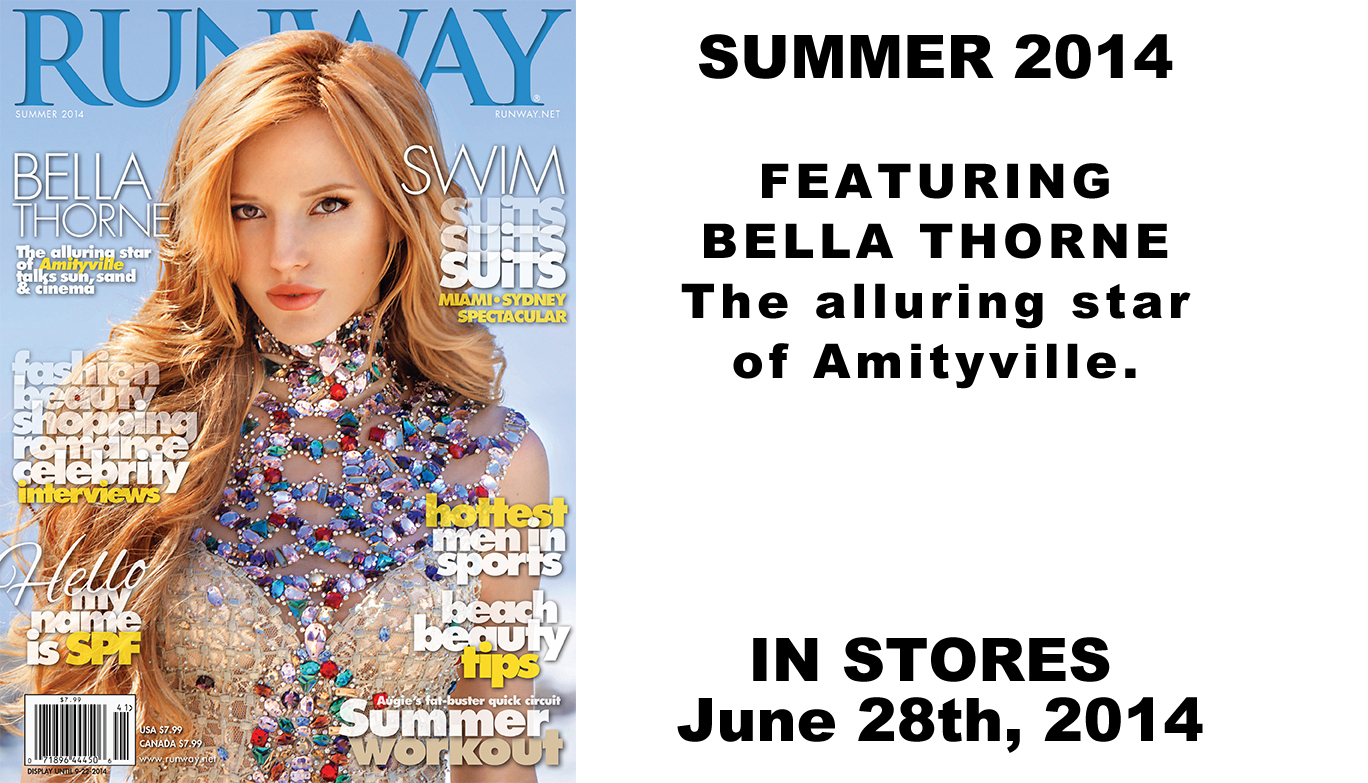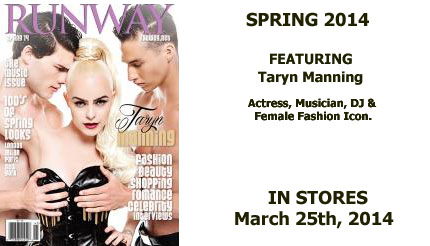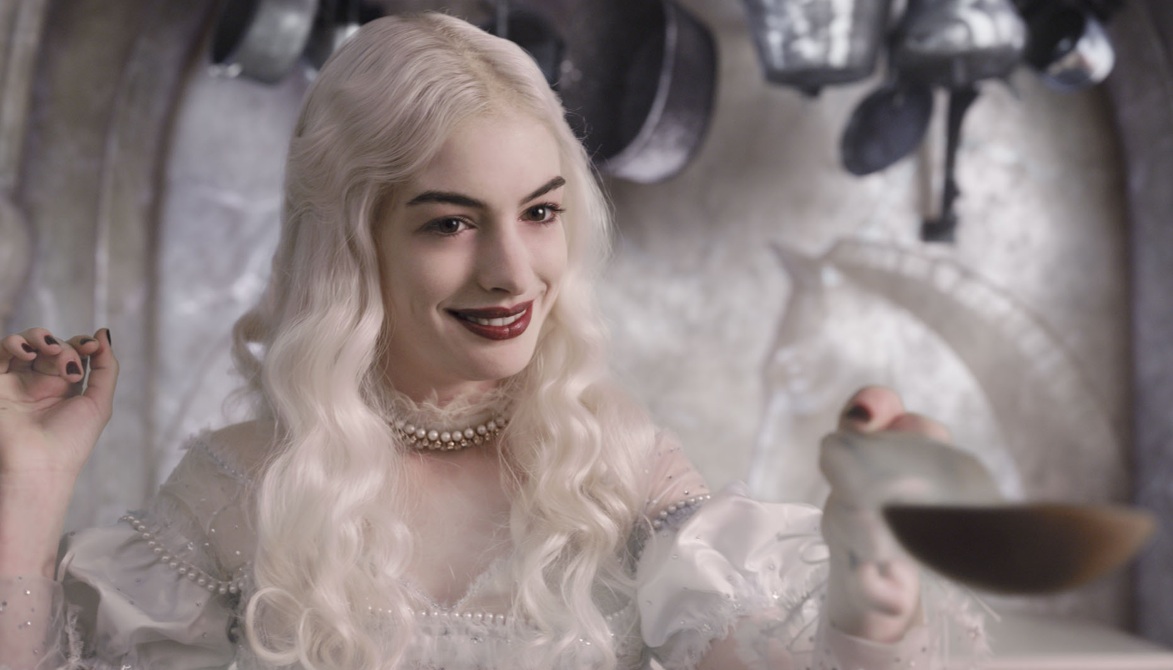Anne Hathaway received a Best Actress Academy Award® nomination for her work in Jonathan Demme’s 2008 drama “Rachel Getting Married.” Her performance in that film also brought her Golden Globe®, Screen Actors Guild Award® and Independent Spirit Award nominations, as well as a number of critics groups awards for Best Actress. She was most recently seen in the Garry Marshall-directed romantic comedy “Valentine’s Day,” in which she joined an all-star ensemble cast. She also stars with Jake Gyllenhaal in Edward Zwick’s drama “Love and Other Drugs,” due out later this year. Hathaway made an auspicious feature film debut in the starring role of Garry Marshall’s hit comedy “The Princess Diaries,” and reprised her role in “The Princess Diaries 2: Royal Engagement.” She has more recently earned widespread acclaim for her work in the hit comedy “Get Smart,” opposite Steve Carell; “Becoming Jane,” in which she starred as Jane Austen; the smash hit “The Devil Wears Prada,” with Meryl Streep; and Ang Lee’s award-winning drama “Brokeback Mountain,” with Jake Gyllenhaal and Heath Ledger, for which she shared in a SAG Award® nomination for Outstanding Performance by a Cast in a Motion Picture.
Hathaway currently stars as the White Queen in Tim Burton’s epic 3D fantasy adventure “ALICE IN WONDERLAND.”
Q: Is this an adaptation of Lewis Carroll’s books?
A: This is “Alice in Wonderland” 10 years later. The story isn’t the same. And in re-reading the book in preparation for the film, I noticed that a lot of it is Alice trying to figure out who she isn’t by process of elimination. She knows that she isn’t all the things that people are saying that she is, and so, by going through all of them, she gets a better idea of what she is. And in the Tim Burton “ALICE IN WONDERLAND,” Alice is trying to name who she is without using the process of elimination in a similar way. There’s a great line in it, where someone says, “You seem like Alice, but you’ve lost your muchness.” That’s my favorite line. So I think if the book is about Alice exploring her imagination, this one is about Alice finding her soul.
Q: Why have his books been enjoyed for generations?
A: In my opinion, what makes a great book is something that is universally specific. I didn’t read the “Alice” books when I was a child. I read them when I was in college. I was really into Nabokov, and apparently, he was really into Lewis Carroll, so I thought it was a good idea. So I read it from the perspective of a young woman becoming a woman—and I really related to it, the idea that you’re never the right size, that you could drink something to make you feel smaller, or eat something to make you feel bigger. I remember that it just appealed to me because I understood it. On the surface, it’s kind of light and fantastical, but it actually does play into a lot of deep, psychological fears we have—inadequacies that we feel we have, insecurities, the way we relate to the world around us. And in Wonderland, the world is hyper-emotional. It doesn’t make sense. People don’t make logical, emotional sense, and people feel things very, very grandly, and it’s just full of contrarians. So then, you have this young girl—who’s quite sensible, especially for a young girl—navigating her way through it. Sometimes, you feel like you’re the supporting cast of characters, the Wonderland crew, and then other times, you feel like you’re Alice. Like I said, when something is that universally specific—universal enough that it’s just a great, entertaining story, but specific enough that you can find yourself in it and relate to it at different points in your life—I think that could possibly explain why people keep going back to it.
Q: Why are Carroll’s characters such great fodder for film?
A: One of the reasons why Lewis Carroll’s characters work so well in cinema is because they’re wildly imaginative and there’s no one way to interpret them. Because Lewis Carroll played around with words and concepts, and because the characters appeal to the imagination, I feel there are as many interpretations as there are imaginations in the world. It depends on what your take is.
Q: And why are the characters also great for a Tim Burton movie?
A: One of the reasons why “ALICE IN WONDERLAND” and Tim are such a great match is because nothing is exactly as it seems in Wonderland. Nothing is entirely good or entirely bad. There’s a mixture of life and texture and intention, and I think that’s something with which Tim is really comfortable. And if you look throughout his filmography, nothing is ever what it appears to be or should be. So, I think in that sense, living in the questions, the ambiguity, but also the specificity of the world—these are things in which Tim excels as filmmaker. I believe the filmmaker and the subject matter complement each other really beautifully in this film.
Q: Describe the character you play.
A: I play the White Queen. When I was trying to work her out, I kept saying to myself, ‘She is a punk-rock, vegan pacifist.’ So I listened to a lot of Blondie, I watched a lot of Greta Garbo movies, and I looked at a lot of the artwork of Dan Flavin. Then a little bit of Norma Desmond got thrown in there, too. And she just kind of emerged. And I really like her. When I first came onboard the project, Tim talked a lot about the relationship between the sisters, and that really opened the character up to me a lot. She comes from the same gene pool as the Red Queen. She really likes the dark side, but she’s so scared of going too far into it that she’s made everything appear very light and happy. But she’s living in that place out of fear that she won’t be able to control herself. There’s a lot to play around in. It was awesome. I had so much fun.
Q: Why did you want to be in this film and play this role?
A: I’m just going to be a gushy fan for a second. I love Tim Burton—he’s one of my all-time favorite filmmakers. For as long as he’s been making films, I’ve been going to them opening weekend. And I watch them again and again on DVD. I love his aesthetic. I love his ability to pace as a filmmaker, his comfort with things that are kind of odd—he also finds a way to ground them. I think it’s very unusual to find a filmmaker who isn’t trying to be different for the sake of being different, to show you something you’ve never seen, but is actually yearning to stretch the limits of his imagination. So everything Tim does comes from a very pure place. And I think that’s why his movies, in spite of the sometimes off-beat subject matter, have such heart. I love that. “Alice” itself is such a classic, amazing story, and it has been told so many times—but when I heard the combination Tim Burton/”ALICE IN WONDERLAND,” I knew it was going to be a very specific, very wonderful adventure. I love my character. I love that she seems to be the voice of reason—you’d think that she would be the good queen. But she didn’t have to be. I really had a lot of fun playing around with this idea, that what’s good in Wonderland is not necessarily good in the real world.
Q: Describe what she does with her hands, and the way that she walks.
A: That was absolutely derivative from the costume because, [costume designer] Colleen Atwood, who’s just such a genius, made this dress that has so much detail to it, that’s so complex, but it doesn’t look at all heavy. It loo
ks like if you didn’t attach a weight to it, that it would float up into the air and spin around. And I noticed the way the dress moved when I was in it. It was never my intention to create a perfect light. I just wanted her to arrive in certain places, and in my head I just thought, the way she walks, she occasionally bumps into things and doesn’t know how she got there. And she’s a little dopey and kind of ditzy, but at the same time, very clued in. And so, the walk just happened. I took very, very fast footsteps, and I noticed the more languid I could make my arms, the more it looked like I was gliding. And that’s when the Norma Desmond thing happened. I remember being really nervous about the first take. And I did it and Tim smiled, so it was nice. That’s the feeling on set. ‘Show me your imagination. Show me how far you can take this.’ And I always had absolute trust that if it went too far, Tim would pull it back. He actually has a story in his head that he wants to tell. So usually what would happen, it would be some kind of combination of straightforward story and imaginary weirdness. And it was just nice the way it all fit together.
Q: What’s going on with the White Queen when we first meet her?
A: The White Queen has had her crown taken from her, and she’s basically powerless to stop her sister’s reign of tyranny. Her sister is the Red Queen. And so, she is waiting. She’s basically taken a vow of non-violence that she cannot break, and she’s waiting for her champion to arrive to help her reclaim her throne—the citizens of Underland would like to see that happen. They want to see her restored to power, because she’s kind.
Q: What is the relationship between the White Queen and the Red Queen?
A: The relationship between the White Queen and the Red Queen is not good. They are sisters, but I don’t think it was ever particularly good. I just think that my character would never admit that she doesn’t like her sister. I think she tries to make excuses for her. She tries to find little things to love about her, but she really doesn’t that much. I think, from her perspective, if the Red Queen were just a bit nicer to her—allow the possibility that they could be friends, allow the room for love—that she would be willing to give over to it. But the Red Queen just rubs her the wrong way. They’re not buddies—they’re just related.
Q: Who plays the Red Queen?
A: Helena Bonham Carter, in addition to being one of the most brilliant women I’ve ever had the pleasure to talk to, is so much fun as the Red Queen. She has so much energy that she gives to it. And her characterization is so lovely and demanding, not child-like but childish, and selfish and impossible to please. Then, at other times, she’s really vulnerable and sad, because this person is going to be lonely forever, because she’s just so darn selfish. She’s endlessly entertaining in the role. Her look and the dedication that it takes—three, four hours to get into that hair and makeup.
Q: Talk about the actor who plays The Mad Hatter.
A: The actor who plays the Mad Hatter, Johnny Depp—I have so much fun watching him in all of his movies as an audience member, so to actually get to watch him perform live is such a treat. He’s so inventive—and he’s kind, just a very kind, warm man. But to actually watch him in his element, in his zone, just acting, it’s a thrill. I want him to do theater so that everyone else can get in on it. He’s very powerful. I just felt very privileged to get to watch him.
Q: What does Mia Wasikowska bring to her role?
A: Mia Wasikowska is an absolute delight of a young woman. She’s so playful and natural and down-to-earth—but she also has this ethereal quality to her, she feels timeless. What she brings to Alice is very, very difficult to pull off. Every time I do a scene with her, I’m just amazed at what she’s doing with it and that a young actress can bring so much gravity to this world. It’s somewhat eerie, the way she’s able to communicate feeling and where Alice is at that moment. It was lovely to work with her, just to get to observe that.
Q: What is your impression about how this film is being made?
A: I took a very Zen approach to filmmaking on this one. It sounds silly, but I had no idea what was going on. I walked in and it was like being in a neon-green terrarium–green on all sides, and tons of empty space. Tim knew what was going on—he was the one that is in control of it. All I needed to do was hit my mark and say my lines, and wait for Tim to tell me that we’re ready to move on. And that was my approach to it. I didn’t put any other pressure on myself. I just showed up and acted.
Q: What are you wearing in this movie?
A: I’m wearing a dress designed by Colleen Atwood. It’s grand and the most fragile dress I’ve ever worn in my life. I love it so much. It’s beautiful. If you ever had a dream of being any kind of fairy princess, this is the dress you would wear. I love the idea that it’s this idealized, fairy-tale Queen, but it is in a Tim Burton movie, so there’s darkness mixed up with it as well.
Q: What do audiences have to look forward to with this film?
A: Because the world of this film begins and ends in the imagination of Tim Burton, you’re not seeing a movie that’s been shot on locations that you’ve seen a million times. Because this world has no rules, you’re seeing so many different and separate brushstrokes and colors and characterizations somehow getting combined through Tim. And what I think you’re getting is an absolute exploration of the imagination. I think that’s the essence of the book, and I think that’s the spirit Tim’s brought to the film. Everybody on the film was so clever, so creative, so imaginative—and I think that’s what the film is about—how can we tell a story that honors the imagination in the most imaginative way humanly possible? And that’s such a fantastic idea.


























